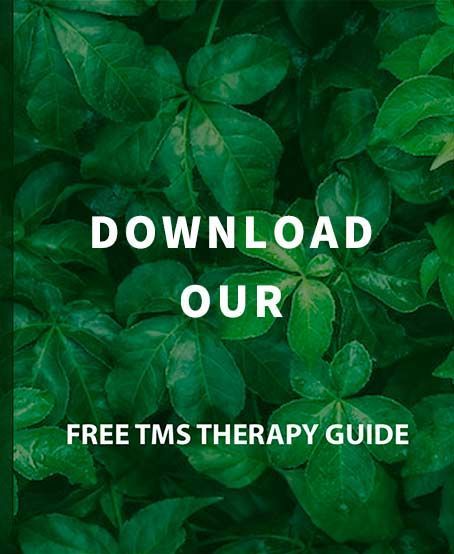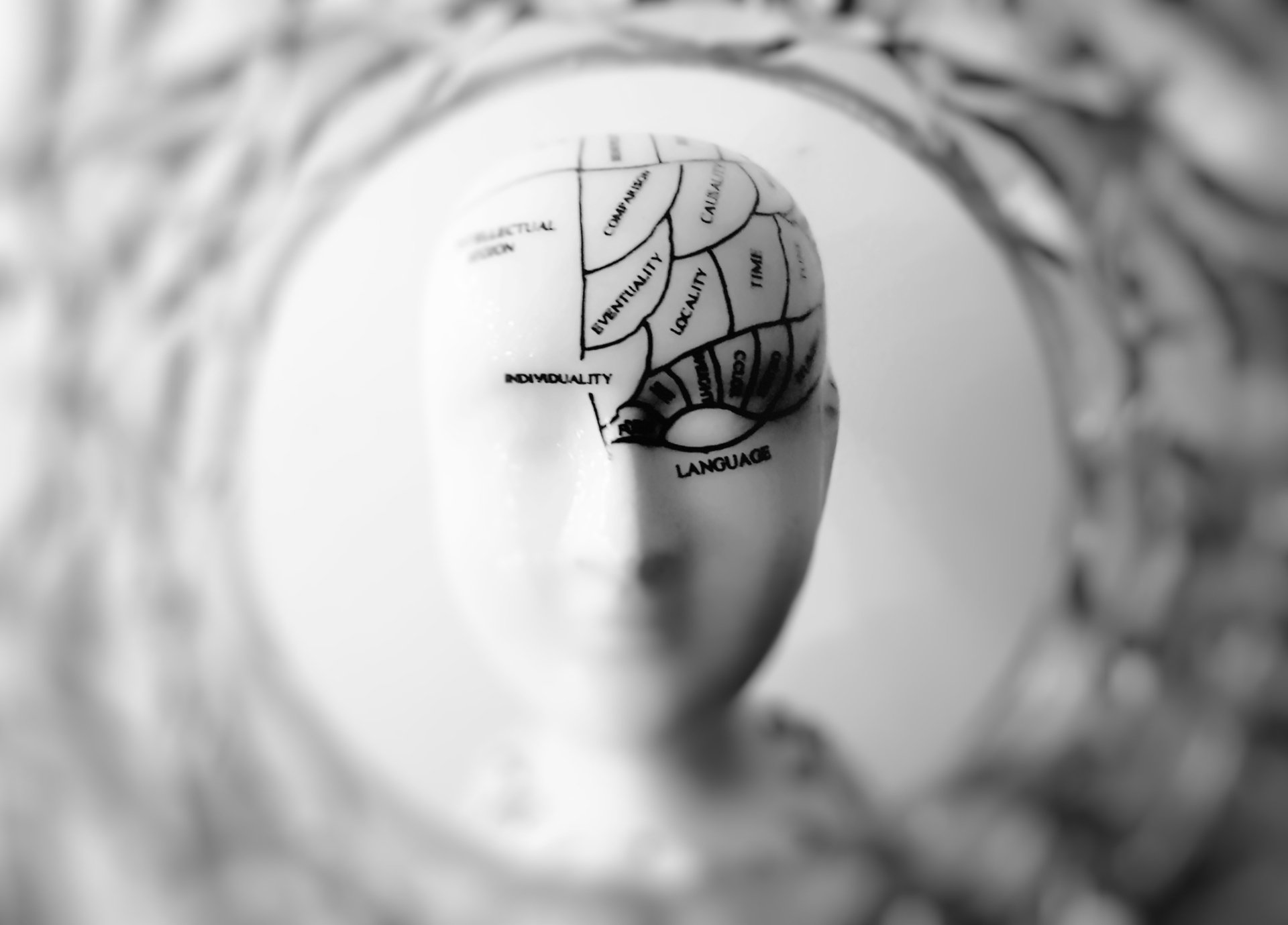EMDR Therapy: What It Is, the Procedure & Effectiveness
In the realm of mental health treatments, various therapeutic modalities aim to address the diverse needs of clients. One innovative and increasingly popular approach is Eye Movement Desensitization and Reprocessing (EMDR) therapy.
This comprehensive guide will delve into what EMDR therapy is, its procedures, and how effective it has proven to be.
What Is EMDR Therapy?
EMDR therapy is a psychotherapy technique developed by Dr. Francine Shapiro in the late 1980s. Initially designed to alleviate the distress associated with traumatic memories, EMDR has since expanded its applications to address a wide range of psychological issues, including anxiety, depression, and phobias.
The fundamental premise of EMDR is that traumatic experiences are stored in the brain differently than non-traumatic events.
These memories can become "stuck," leading to persistent distress and dysfunction. EMDR aims to reprocess these traumatic memories, enabling individuals to integrate them healthily. You can take our
stress scale test to understand your mental state better and seek help.
How Does EMDR Therapy Work?
At its core, EMDR therapy involves the following eight phases:
- History Taking and Treatment Planning: The therapist conducts a thorough assessment of the client's history and identifies specific traumatic memories to target during EMDR sessions.
- Preparation: The therapist explains the EMDR process to the client, establishes a therapeutic relationship, and teaches coping strategies to manage emotional distress during sessions.
- Assessment: The therapist and client identify specific aspects of the traumatic memory, including visual imagery, negative beliefs, and physical sensations.
- Desensitization: Through bilateral stimulation (e.g., eye movements, taps, or auditory tones), the client focuses on the traumatic memory while engaging in the bilateral stimulation. This process continues until the memory becomes less distressing.
- Installation: The therapist helps the client replace negative beliefs associated with the traumatic memory with positive ones, reinforcing these new beliefs through bilateral stimulation.
- Body Scan: The client scans their body for any residual physical tension related to the traumatic memory. If tension is present, further processing may be required.
- Closure: The therapist ensures that the client feels stable and safe before concluding the session. Relaxation techniques and coping strategies are reinforced.
- Reevaluation: At the beginning of the next session, the therapist assesses the client's progress and determines whether additional processing is needed.
The Procedure of EMDR Therapy
To truly grasp the procedure of EMDR therapy, it's essential to understand the mechanics of bilateral stimulation. While the exact mechanism remains a topic of ongoing research, several theories attempt to explain how it works:
Bilateral Stimulation and the Brain
Bilateral stimulation refers to the alternating left-right patterns of sensory input used in EMDR therapy. Common methods include:
- Eye Movements: The therapist guides the client to move their eyes back and forth, following the therapist's hand or a light bar.
- Tactile Stimulation: The therapist taps the client's hands or knees alternately.
- Auditory Stimulation: The therapist plays alternating tones through headphones.
The bilateral stimulation is believed to activate both hemispheres of the brain, facilitating the reprocessing of traumatic memories. This may help the brain integrate these memories into a more adaptive and less distressing form.
The Role of Memory Processing
During EMDR, the client focuses on the traumatic memory while simultaneously attending to the bilateral stimulation. This dual focus may prevent the client from becoming overwhelmed by the memory, allowing them to process it more effectively.
Additionally, the repetitive nature of bilateral stimulation may help desensitize the client to the distressing memory, reducing its emotional impact. Over time, the memory becomes less vivid and emotionally charged, enabling the client to integrate it more adaptively.
Effectiveness of EMDR Therapy
Numerous studies have investigated the effectiveness of EMDR therapy, particularly in treating Post-Traumatic Stress Disorder (PTSD). The results are promising, with many clients experiencing significant improvements in their symptoms.
Research Evidence
- PTSD: Multiple randomized controlled trials (RCTs) have demonstrated that EMDR effectively reduces PTSD symptoms. In some studies, EMDR has been found to be more effective than other trauma-focused therapies, such as cognitive-behavioral therapy (CBT).
- Anxiety and Depression: EMDR has also shown promise in treating anxiety and depression. Some studies suggest that EMDR can reduce symptoms of these conditions, particularly when they are related to traumatic experiences.
- Phobias: Emerging research indicates that EMDR may be effective in treating specific phobias, such as fear of flying or heights. The reprocessing of traumatic memories associated with the phobia can lead to reduced fear and avoidance behaviors.
Limitations and Considerations
While EMDR therapy has demonstrated significant effectiveness, it's important to recognize its limitations and considerations:
- Individual Variation: Not all clients respond to EMDR therapy in the same way. Some may experience rapid improvements, while others may require more sessions to achieve desired outcomes.
- Therapist Training: The effectiveness of EMDR largely depends on the therapist's training and expertise. It's crucial to seek treatment from a licensed mental health professional with specialized training in EMDR.
- Complex Trauma: Clients with complex trauma or multiple traumatic experiences may require more extensive and prolonged treatment to achieve meaningful results.
Conclusion
EMDR therapy represents a groundbreaking approach to addressing trauma and other psychological challenges. By leveraging bilateral stimulation and memory reprocessing, EMDR offers clients a pathway to healing and recovery.
With a solid foundation of research evidence and countless success stories, EMDR therapy has earned its place as a valuable tool in the field of mental health. If you or someone you know is struggling with the aftermath of trauma, anxiety, or depression, consider exploring EMDR therapy under the guidance of a qualified mental health professional.
Ready to take the next step in your mental health journey?
If you or a loved one are navigating the aftermath of trauma or suffering from mental health disorders like depression anxiety and OCD, Contact Accentus Health today to learn more about how it can transform your life.
Accentus Health is dedicated to providing compassionate, specialized care through the practices of Trauma-Focused Cognitive Behavioral Therapy, TMS, CBT, and various other evidence-based treatments and therapies.
Our team of experienced professionals is committed to guiding you through your healing journey with sensitivity and expertise.
Take the first step towards transformation and healing today.
Contact us to learn more about how we can make a difference in your life or the life of someone you care about. Together, we can chart a course toward healing, resilience, and renewal.
Local to Indianapolis? Call us to discuss your options.
(317) 721-4169
Cited Sources:
Shapiro, Francine. “The role of eye movement desensitization and reprocessing (EMDR) therapy in medicine: addressing the psychological and physical symptoms stemming from adverse life experiences.” The Permanente journal vol. 18,1 (2014): 71-7. doi:10.7812/TPP/13-098
Wilson, Gemma et al. “The Use of Eye-Movement Desensitization Reprocessing (EMDR) Therapy in Treating Post-traumatic Stress Disorder-A Systematic Narrative Review.” Frontiers in psychology vol. 9 923. 6 Jun. 2018, doi:10.3389/fpsyg.2018.00923
QUICK LINKS
FREE CONSULTATION
Experiencing depression or a neurological disorder? Remember, you are not alone. Get help today!

TMS THERAPY CAN HELP WITH:
- Depression
- Lack of Joy
- Sadness and Despair
- Low Mood
- Lethargy
- Insomnia
- Oversleeping
- Social Isolation
- Self-Harm
- Substance Abuse
- Suicidal Ideation
- Alcoholism














